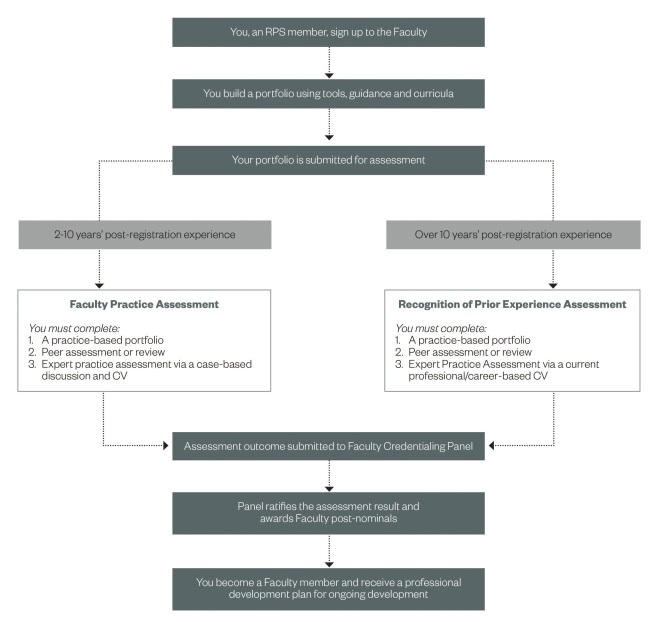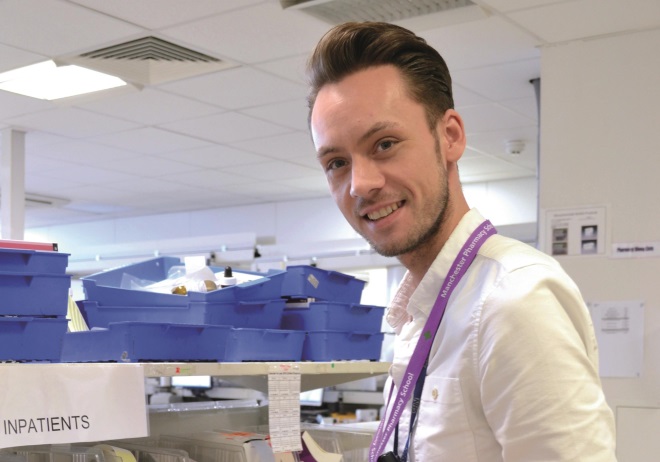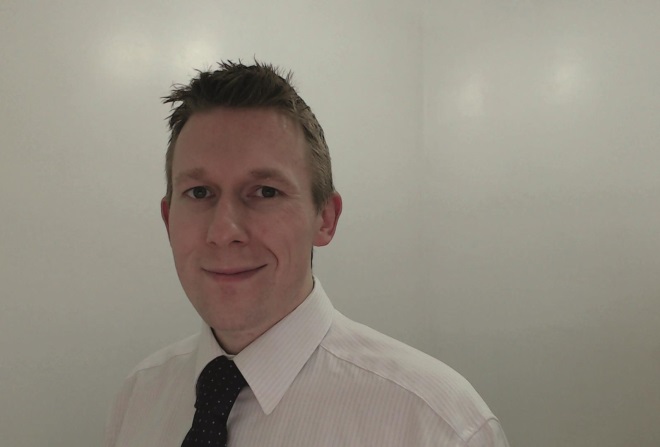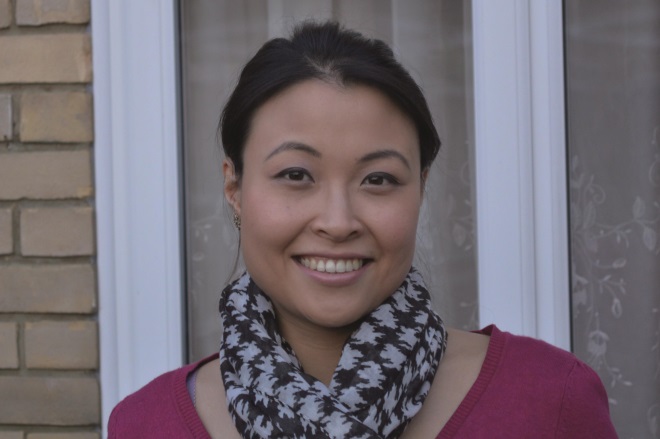
istockphoto.com
“At first it was difficult,” Ryan Hamilton reflects on his application to join the Royal Pharmaceutical Society (RPS) Faculty. “However, I have learned a lot about myself during the process, especially areas that I am good at and areas I need to work on.”
I
n fact, he says his initial experiences with the Faculty led him to change sectors and have proven “invaluable” in his first six months at a hospital in Leicestershire.
Hamilton is one of 20 pharmacists who will, in just over a week’s time, undergo a final, face-to-face assessment for entry into the Faculty, the RPS’s professional recognition programme.
The Faculty was established in 2013 to acknowledge pharmacists’ knowledge and skills at their stage of practice and support their career development. By 26 March 2015, a total of 2,377 pharmacists had accessed the Faculty tools, of which 1,281 had begun building a portfolio, and 240 had been accepted as members or Fellows.
Any pharmacist who is two or more years qualified can sign up and build a portfolio of evidence, which is assessed alongside a peer review of skills and an assessment of experience, either through a face-to-face, case-based discussion or by scrutiny of the applicant’s CV. Successful applicants
are awarded post-nominals relating to their stage of practice.
These 20 applicants are the
first pharmacists who qualified less than ten years ago to be assessed for admission to the Faculty.
But at £300 for this one assessment – not to mention the recurrent annual fees – joining the Faculty isn’t cheap, particularly for pharmacists still in the early years of their career.
So why do these pharmacists want to join the Faculty? What do they hope to gain from it? And do they believe it is good value for money?
The Pharmaceutical Journal contacted 25 pharmacists who, as of mid-February 2015, had applied to undergo the new Faculty Practice Assessment in April. Five have since deferred or pulled out; 20 are set to go ahead next week.
Twelve agreed to share their experiences of the process so far.
How to become a Faculty member

Source: RPS Faculty
Recognition and development
Reasons for applying to the Faculty were varied, but recognition of experience and expertise was a consistent theme.
Stephen Whyte, a paediatric and critical care pharmacist based in London, says having a professional recognition scheme is “very important” and something “we [have] lacked in the pharmacy world”.
Richard Pudney, a hospital pharmacist in Surrey, believes Faculty membership will distinguish him from others when applying for jobs in future.

Andrew Mawdsley
The RPS designed the assessment around elements it believes are likely to form the foundation of revalidation. Andrew Mawdsley, an academic at the University of Manchester, says: “With looming revalidation I may as well get ahead of the game,” a view shared by others in the group.

Gregory Lawton
A few say they need evidence of their professional development to further their careers. Community pharmacist Gregory Lawton says: “I have been fortunate enough to have had a wealth of experience and development since qualifying, far richer I believe than is typical for the number of years I have been qualified, and I knew the Faculty would provide me with the opportunity I needed to demonstrate that experience.”

Anna Man
Anna Man, a cardiology pharmacist in London, hopes to benefit from the professional development plan that applicants receive after admission to the Faculty: “I am hoping this will provide me with ideas and directions as to how to further increase my level of practice.”
‘Very challenging’
The 12 pharmacists described the process of building their portfolios and preparing for assessment variously as “extremely time-consuming”, “very challenging” and “a fair amount of work”.
Kaylie See, a hospital pharmacist in Bedfordshire, says: “It is not something you can put together over one weekend and involves serious evaluation of your professional abilities.”
Nevertheless, most thought the process was worthwhile. Nisha Patel, an infectious diseases pharmacist in Bedfordshire, says: “Seeing my professional development mapped to the competencies within the portfolio makes me feel proud of my journey to date. It has also provided me with motivation to continue in my development to achieve a mastery level in the future.”
However, some took issue with elements of the process. In particular, they would prefer for peer testimonials to be submitted electronically and anonymously. “This is a much more powerful and transparent tool than asking friends and colleges or students who innately will write positive feedback,” says Mawdsley. “The point of the exercise is to get a realistic understanding of how you match up against these people’s expectations. A more honest, anonymous testimonial would be much more powerful for me and would be more positive in terms of development.”
Catherine Duggan, RPS director of professional development and support, says: “The peer testimonials are quite a subjective form of peer assessment, and the value of that, not being anonymous, is second to none. W
e don’t have that in our profession. This gives people the opportunity to shine a light where someone has done really well — that’s hugely valuable.”
She adds that the Faculty is developing a separate peer assessment tool that will allow objective, anonymised feedback, which will be launched at a later date.
Meanwhile, Fiona Rees, a hospital pharmacist in East Sussex, believes it is “not fair” that pharmacists with less than ten years’ experience are required to undertake a case-based discussion, while those with more than ten years’ experience only need to submit a CV. “This system doesn’t take into account quality of experiences, but rather bases it on quantity and assumes that a longer time of registration equates to quality experience,” she says.
The Faculty insists this approach is built on models used by other professions, and that all pharmacists accepted into the Faculty will have to undergo a face-to-face discussion during reassessment, which takes place every five years after entry to the programme.
Cost versus value
Faculty fees were the most controversial aspect of the programme for these applicants. While it is free to sign up for the online tools and compile a portfolio, the assessment required to become a full Faculty member and receive post-nominals costs £300. Faculty members will need to pay this again every five years to be reassessed. Furthermore, it costs £50 per year to remain a stage I member, rising to £100 per year for a Faculty Fellow. This is on top of the required RPS membership, which is at least £182 a year for a regular member.
This group has paid for their assessment but has yet to undertake it. So, at this stage, do they think the Faculty is good value for money?
Half of the group – six of the 12 – believe it is. “When you look at the time and effort it takes to assess an individual’s practice and portfolio, as well as the governance in place to make sure this process is standardised and fair, you soon realise it isn’t an unreasonable fee to pay,” says Hamilton. Whyte says the cost is “fair” compared with similar initiatives at other royal colleges.
But three of the group insist the cost is too high, while a further three are unsure. “As a profession we have to pay registration fees, indemnity insurance and membership to the RPS already,” says See. “Adding an additional financial cost is not a popular decision and I know of colleagues who have not signed up to the Faculty for this reason.”
I feel that it is unfair to charge [pharmacists with different levels of experience] the same
Emma Cramp, an infectious diseases pharmacist in Leicestershire, was initially part of the first wave of pharmacists with two to ten years’ experience going for assessment, but withdrew because of the cost, which she says is “far too much”.
“Hospital pharmacists do not earn as much money as doctors and community pharmacists,” she says. “Hospital pharmacists that have been qualified for two to ten years are not earning the same amount compared with pharmacists with over ten years’ experience, therefore I feel that it is unfair to charge these two separate groups the same.”
Rees says that if Faculty membership contributes to GPhC revalidation in future, then the fees may be worthwhile, but if not she would “struggle to justify the costs”. Sarah Goffin, a community pharmacist in Norfolk, suggests that allowing members to spread payments over time could help with affordability.
Duggan concedes that £300 “is a lot of money”, but says this is required to fund the assessment process. “There’s quite a lot of work involved in administering [the] assessment. The money is very wisely spent, and it’s used to administer the whole process.
“It’s very tough for the junior staff who have between two and ten years of practice to pay £300, to find it in their income,” she says. “I think if we did [charge different amounts for hospital and community sectors] we would be accused of inequity.”
Duggan says spreading the payment for the one-off assessment would not be “appropriate”, as this money is needed to pay assessors. “I don’t think we could fund the quality of assessments [that the Faculty has] if we reduced the fee,” she adds.
The Faculty is also developing a follow-on service to help accepted members keep their portfolios up to date. Duggan says this will help to “justify your [annual] top-up fee”.
She adds: “I think [Faculty membership] is worth it. I think it will become more worth it the more people that go through it. The proof of it will have to be how it is regarded by employers.”
Although it is a costly process, I would certainly recommend the Faculty to my pharmacist colleagues
In spite of concerns over fees, the 11 pharmacists who responded to our questions and are proceeding with assessment would all recommend the Faculty to a colleague. “Although it is a costly process, I would certainly recommend the Faculty to my pharmacist colleagues as I feel it will help them develop both personally and professionally,” says Patel.
Pudney says his colleagues “are waiting to see how I fare before embarking on the journey, plus to see if I survive the assessment as that is the area in which there has been less information shared”.
As community pharmacist Niall Kealy says: “I think it’s good to have goals and push forward, and just for that side I would recommend it.”
You may also be interested in
Long service of members

Membership fees 2022
